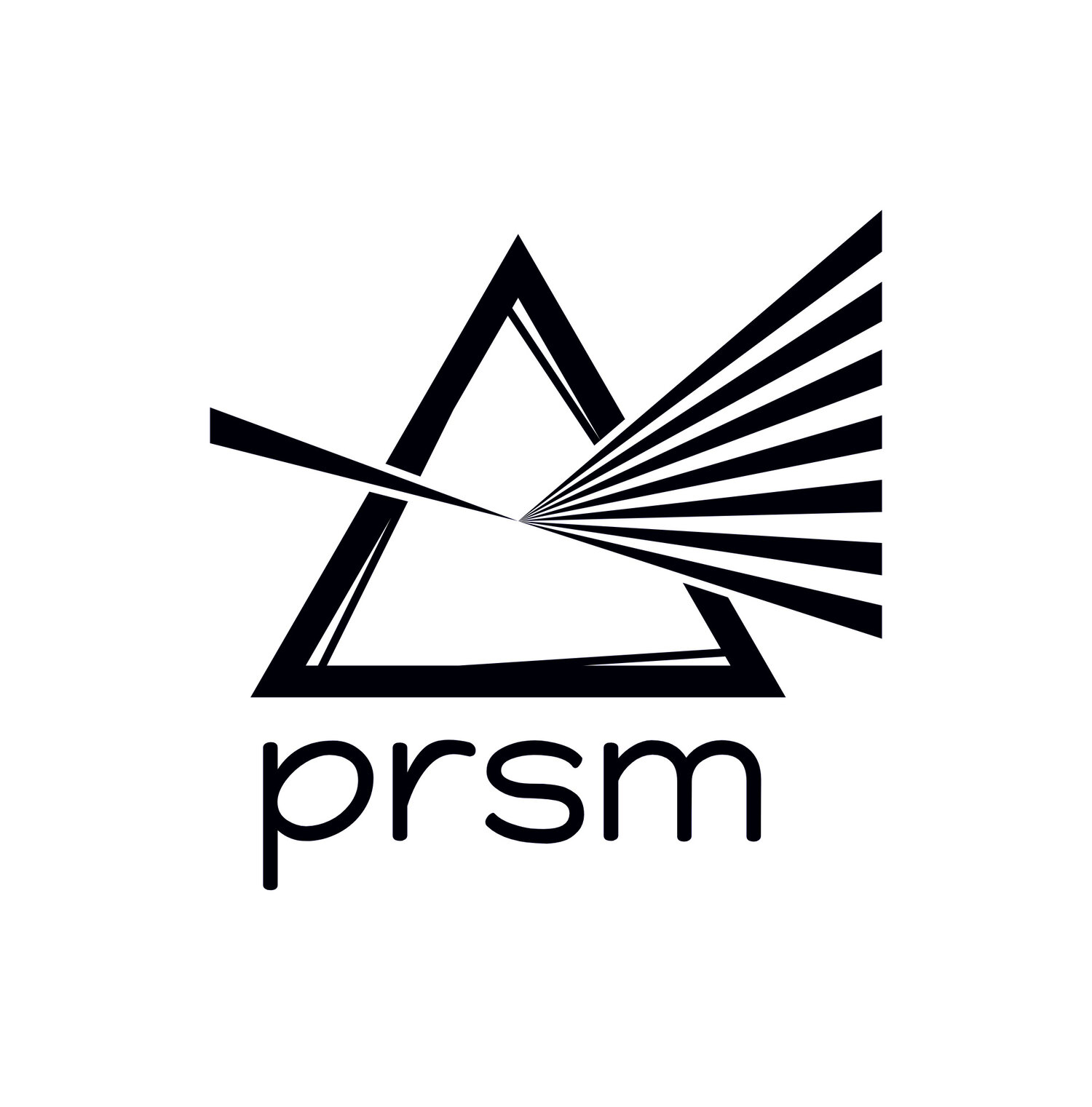The Perilous Path of Offshore Medical Billing: Legal and Compliance Challenges
Outsourcing medical billing overseas has become an attractive option for healthcare providers seeking to reduce costs. However, this practice presents a complex array of legal and operational challenges, primarily centered on data security, regulatory compliance, and accountability.
Legal Problems and Risks Associated with Overseas Medical Billing:
HIPAA Compliance and Data Security: The most significant concern is the protection of Protected Health Information (PHI) under the Health Insurance Portability and Accountability Act (HIPAA). While U.S.-based medical billing firms are legally bound by HIPAA, foreign companies are generally not directly subject to U.S. oversight or enforcement. Even if an overseas vendor claims to be HIPAA compliant, there's limited legal recourse if a data breach or mishandling of patient data occurs. Healthcare providers remain ultimately responsible for any HIPAA violations committed by their overseas business associates, potentially facing substantial fines (up to $10,000 per violation) and legal repercussions. The extraterritorial reach of HIPAA is limited, making it difficult to prosecute foreign violations.
Limited Accountability and Legal Recourse: If a foreign billing company engages in unfair billing practices, makes errors, or breaches a contract, pursuing legal action can be extremely challenging. Jurisdictional limitations, lack of international enforcement mechanisms, and incompatible legal standards in different countries make it virtually impossible to file a lawsuit or obtain a judgment against an overseas entity. This contrasts sharply with U.S.-based companies, where accountability is more easily enforced under the same legal system.
Quality Control and Accuracy Issues: Medical billing is intricate, requiring a deep understanding of ever-changing U.S. healthcare regulations, coding rules, and payer policies. Overseas firms may lack sufficient training, context, or direct access to clinical teams, leading to higher error rates, increased claim denials, and delayed reimbursements. Language barriers and time zone differences can further complicate communication and hinder efficient resolution of billing disputes.
Extortion and Patient Trust: There have been instances where low-paid overseas workers have extorted U.S. healthcare providers by threatening to leak PHI. This risk is amplified by the difficulty of prosecuting such crimes across international borders. Furthermore, if patients learn their private data is being processed overseas, it can erode trust in the healthcare provider, potentially damaging their reputation and leading to patient attrition.
Hidden Costs and Decreased Revenue: While overseas billing companies often offer lower rates, these savings can be offset by hidden costs. High denial rates due to coding errors, poor follow-up on unpaid claims, and a lack of personalized attention can lead to long-term revenue loss. The cost of correcting errors, potential fines for non-compliance, and the administrative burden of managing a less efficient process can outweigh initial cost savings.
CMS Restrictions: The Centers for Medicare & Medicaid Services (CMS) has strict prohibitions on outsourcing system functions overseas unless explicitly authorized in writing by the CMS chief information officer (CIO). Any request for access by an overseas party will be immediately denied by National Government Services pending authorization from CMS. This is a crucial consideration for practices dealing with Medicare and Medicaid patients.
In conclusion, while the allure of cost savings can be strong, the legal and operational risks associated with outsourcing medical billing overseas are substantial. Healthcare providers considering this option must carefully weigh the potential financial benefits against the significant compliance risks, limited accountability, and potential damage to patient trust and revenue. Thorough due diligence, robust contracts, and a clear understanding of international legal frameworks are essential, though even these measures may not fully mitigate the inherent risks. Many experts recommend prioritizing domestic medical billing services to ensure compliance and maintain control over sensitive patient data.
